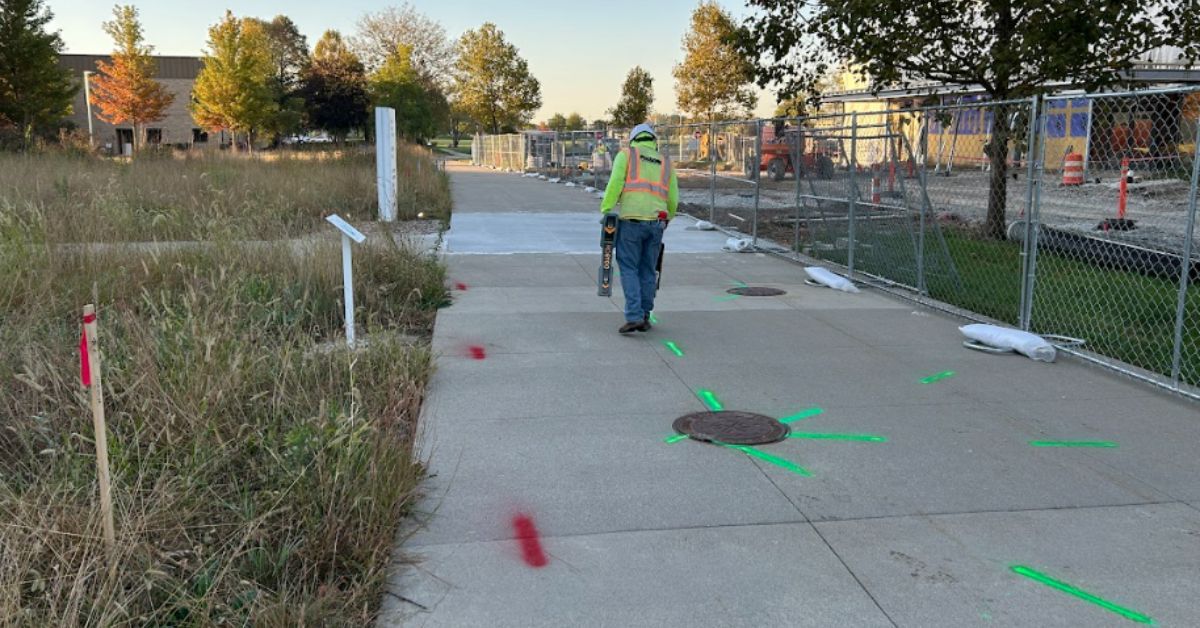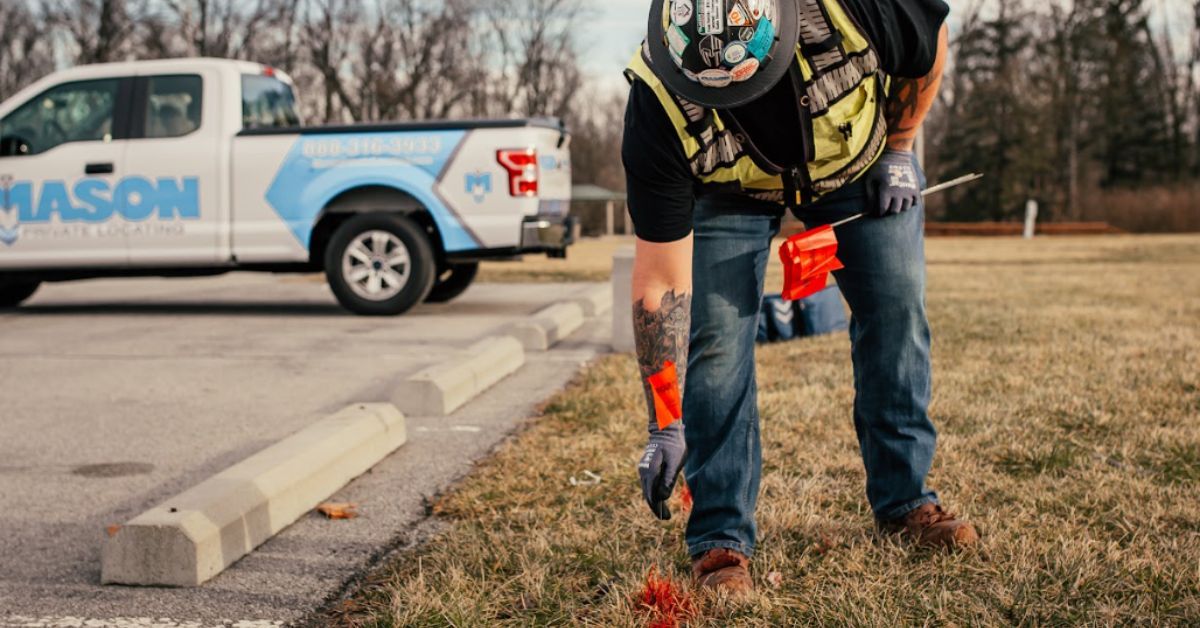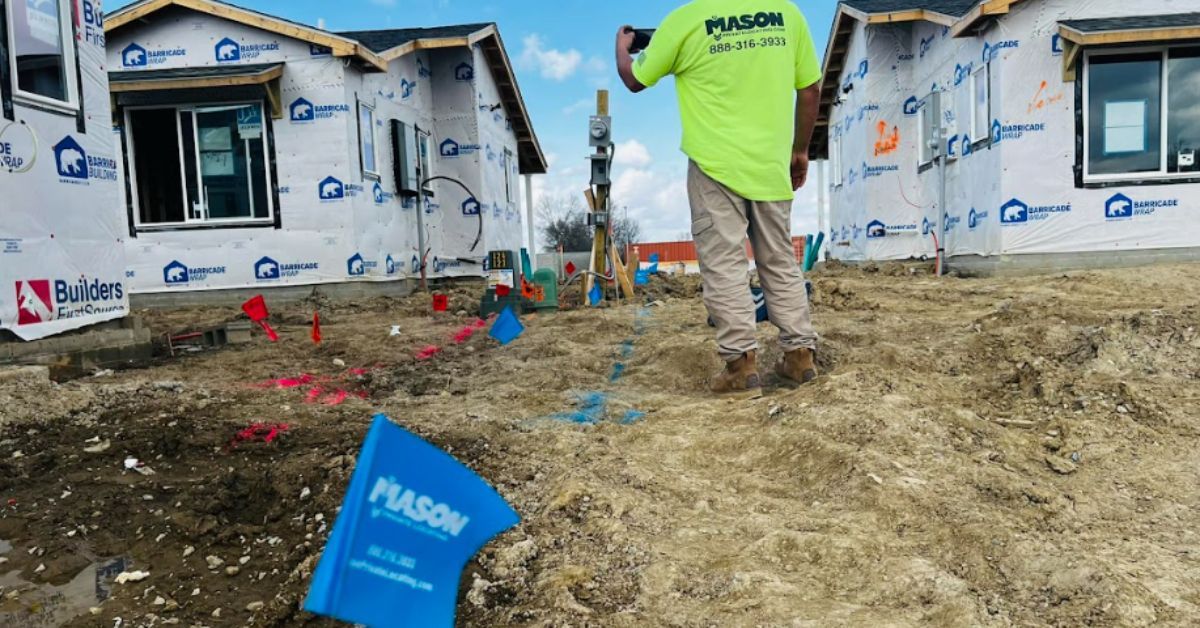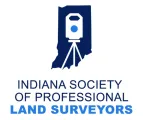
Before anyone starts digging in Indiana, whether they're a landscaper, a construction crew, or someone just installing a fence, they must know the rules and regulations regarding excavation. For such digging projects, Indiana enforces the Underground Plant Protection laws to prevent damage to essential underground facilities and ensure the safety of workers, the public, and critical infrastructure. Below, we'll recount the key things to know about the laws regarding locating before digging in Indiana.
1. Indiana's Underground Plant Protection Laws
The backbone of Indiana's approach to safe excavation is the Underground Plant Protection Law (Indiana Code 8-1-26). This legislation prevents damage to essential facilities such as gas pipelines, water lines, and communication infrastructure hidden underground. This law mandates specific precautions before any digging project begins, ensuring that individuals and companies take the necessary steps to protect these utilities.
The process typically involves contacting the Indiana 811 service to have them locate and mark underground utilities before commencing excavation. Neglecting these laws not only risks significant financial penalties but also poses serious threats to public health and safety, such as gas leaks, water disruptions, or widespread communication outages. Familiarity with these laws is indispensable for anyone involved in excavation work, including construction workers, landscapers, utility companies, and independent contractors.
Understanding the Definitions in Indiana Code Chapter 26
Precise terminology drives compliance under Indiana's Chapter 26. For example, an "operator" is any entity that owns underground facilities, and an "excavator" refers to anyone responsible for digging operations.
Key terms like "tolerance zone" (two feet on either side of a marked facility) define critical boundaries excavators must adhere to, preventing unnecessary damage. Knowing these definitions streamlines communication between contractors, operators, and authorities.
2. Regulations and Procedures for Excavation and Demolition
According to Indiana law, formal notification to Indiana 811, the state's call-before-you-dig system, must precede any excavation or demolition operation. This system is critical for ensuring public and worker safety and for preventing damage to underground utility infrastructure. Excavators must issue a notice at least two full working days before beginning work to allow sufficient time for operators to locate and mark underground facilities.
This process involves coordination between multiple parties to identify hazards and mark utilities promptly in an effort to reduce the risk of accidents or service disruptions. Additionally, white lining—physically marking the intended excavation site with paint or flags—is a requirement when the excavation location details are unclear or vague, further aiding accuracy.

3. Responsibilities of Operators and Excavators
Operators and excavators share distinct yet complementary responsibilities to ensure safe and efficient excavation work. Once they send a notice through Indiana 811, operators must locate and mark the positions of their underground facilities, such as gas pipelines, water mains, electric lines, and telecommunications cables. These markings follow a standardized set of color codes to identify different types of utilities, allowing excavators to proceed with their work safely.
Excavators, on the other hand, are responsible for maintaining a safe clearance around these facilities, particularly within the designated "tolerance zone." No mechanized equipment may operate within this zone without first confirming the precise location of the facilities through hand digging or other visual confirmation methods. This practice minimizes the risk of accidental strikes or damage.
4. Permits and Notifications
Holding excavation permits does not exempt excavators from complying with Indiana's locating laws. Chapter 26 of Indiana law explicitly states that having a permit does not absolve anyone from the responsibility to notify Indiana 811 before excavation begins. Excavators must integrate the notification process into their project timelines to ensure smooth coordination and avoid unnecessary delays.
This dual requirement—securing permits and notifying Indiana 811—emphasizes the importance of proper planning and compliance. Failure to follow this process can lead to violations, penalties, and even legal action. Beyond legal compliance, integrating permits and notification procedures into project planning helps mitigate risks, ensures the safety of workers, and minimizes disruptions to critical services like gas, water, and electricity.
5. Penalties for Non-Compliance
Indiana enforces strict penalties for violations of locating laws. Excavators who fail to notify 811 before digging can face fines of up to $10,000 for damage to pipeline facilities. This penalty serves as a strong deterrent against negligent excavation practices.
Knowingly moving or altering facility locate markings without proper authorization also carries significant financial and legal consequences. These actions disrupt essential services and can endanger lives. Repeat offenders or acts of gross negligence, such as striking a gas line without providing prior notice to Indiana 811, are subject to steeper penalties, potential lawsuits, and risk causing hazardous accidents.
6. The Importance of Safety Measures and Communication
Safety precautions play a vital role in protecting underground facilities during excavation projects. Indiana law requires the use of hand excavation or non-invasive methods, such as hydro vacuum systems, when digging near facility markings within the designated tolerance zone. This ensures that critical infrastructure remains undisturbed.
A clear and consistent communication pipeline between facility operators, excavators, and Indiana 811 is essential for smooth operations and compliance with state laws. For instance, reporting faded, illegible, or missing facility markings to Indiana 811 is a necessary step to avoid delays and ensure safety during excavation. Similarly, notifying Indiana 811 of any unmarked underground facilities before work begins helps keep projects on schedule while preventing accidental damage.
7. The Advisory Committee and Underground Plant Protection Account
To promote compliance and heighten public awareness regarding excavation safety, Indiana has established the Underground Plant Protection Advisory Committee. This seven-member body is responsible for investigating violations of locating laws, recommending penalties for non-compliance, and implementing educational programs that emphasize the importance of safe excavation practices.
The committee serves as an oversight mechanism, ensuring that individuals and organizations adhere to state regulations. Penalties collected from violations are redirected into the Underground Plant Protection Account, a fund dedicated to enhancing safety measures and public awareness campaigns. This account supports initiatives such as safety training, incentive programs for compliant excavators, and outreach efforts to educate the public and industry professionals about the risks of improper excavation.

Navigate Indiana Digging Laws With Mason Private Locating (MPL)
While we've explained the laws to know about public locating before digging in Indiana, excavators and construction crews can't forget about private utility locating. Private locating ensures the locating and marking of non-public hidden utilities, like irrigation lines, communication lines, sanitation lines, and more. While 811 will mark public utilities, they won't mark other hidden utilities that are just as dangerous to excavators.
MPL's utility locator services ensure that diggers understand the precise location of all buried utilities, whether they're public or private. We're also experts when it comes to Indiana digging laws and can help ensure your excavation project is within the state's rules and regulations regarding utility marking. With advanced technology and a commitment to accuracy, Mason Private Locating ensures that projects proceed smoothly while mitigating risks and safeguarding both public and private infrastructure.
Ensure Safe Digging With MPL
Understanding and adhering to Indiana's locating laws is about compliance, creating a safer work environment, and preserving public utilities. Familiarity with these laws provides operational excellence and reduces risk.
Before breaking ground, make sure you comply with Indiana 811 regulations. For private utility locating, MPL is here to ensure the safe and accurate marking of private hidden infrastructure. Contact our team to learn more about our utility locating services today.













